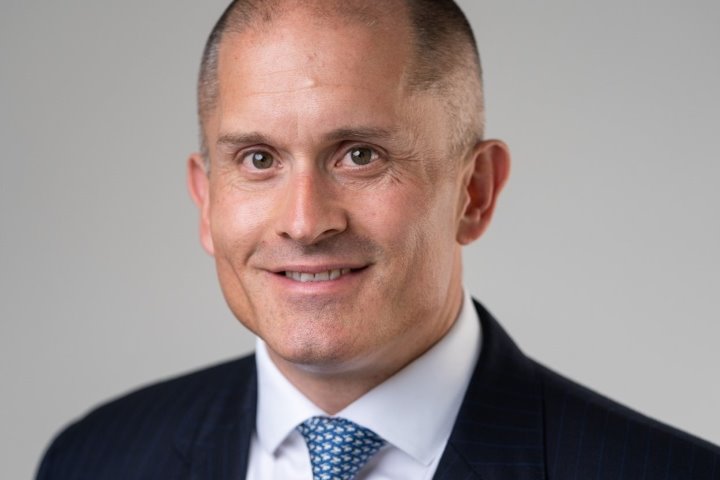
The Private Office was founded 11 years ago. Since then the firm has grown very quickly, expanding to 180 employees. Recently, TPO won the inaugural wealth planning eprivateclient Excellence Award and we sat down with chief executive Stuart Phillips to find out the firm's secret to success.
“We know what we’re trying to build”, Mr Phillips asserted. Having a strong culture and shared values is key to the independent financial planning firm's philosophy.
TPO is a quarter owned by environmental charity Restore Our Planet. All other equity is held by the staff, all of whom own shares in the business.
Having an environmental-focus is a big part of this.
“It’s incredible the number of clients and staff that buy into it,” Mr Phillips said.
Coping with Covid-19
Covid-19 led to a difficult 18 months for all firms, but TPO did not let the pandemic throw it off course.
Although there were some nervy moments at the start when everything was so uncertain, the firm placed no one on furlough and made no redundancies.
Management also recognised that “apprehension was high” among staff, so upped their communication efforts to offer reassurance.
The firm holds open Q&A sessions with Mr Phillips himself and he also holds CEO coffee mornings. His aim is to see everyone in the company at least once every six months.
He acknowledged there is “definitely something lost” in remote working. Despite growing turnover by around 20 percent in the past year, TPO will not be ditching the office.
It is looking to implement a hybrid working model but is unsure of what this will look like yet.
The plan is to try various things and see which works best.
Looking forwards not back
“We are trying to make sure that we will have longevity and be around for the next 50 or 100 years. We are building the business for what it is going to need to look like, not necessarily what it would have looked like previously,” Mr Phillips explained.
“Our industry is awash with people who value themselves on previous measures, rather than looking forward to the future.”
Investing in the future is a key part of TPO’s strategy.
The firm has its own financial planning academy and a graduate scheme, both of which are designed to bring the next generation of talent into the business.
Nationally, the average age of a financial adviser is about 57. At TPO it is about 35.
The firm is also committed to becoming more diverse, although Mr Phillips admits this comes with some challenges and is a long-term project, not a quick fix.
Organic vs inorganic growth
Unlike a lot of financial planners, TPO is not looking to make acquisitions right now.
So far, any acquisitions the firm has made have been tactical, Mr Phillips explained. He is not interested in buying up firms for the sake of it.
“It would be silly to say consolidators are not a threat, but we are happy with how we are doing,” Mr Phillips said. TPO is self-funded, which Mr Phillips believes allows them to make more positive and longer-term decisions.
You also have to consider why other firms are so focused on consolidating. For some firms, it is the only way they can acquire a decent body of work, Mr Phillips noted. This is not something that concerns TPO, having won around 640 new clients in the past year.
“For us, it’s a great opportunity to carve out something different.”
Instead, the firm is aiming to grow organically by 30 percent this year.
With a strong marketing and business development team, as well as a mix of experienced and young and enthusiastic advisers, Mr Phillips is confident the firm can achieve this.







